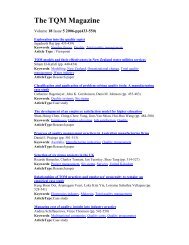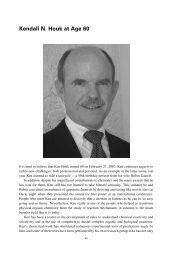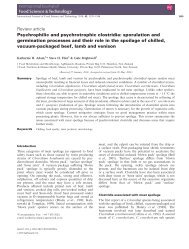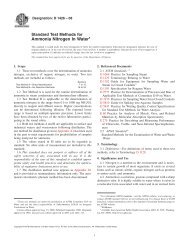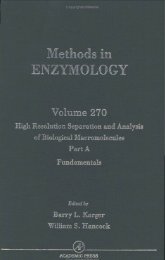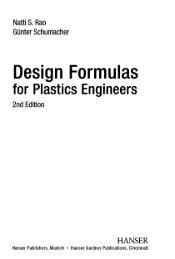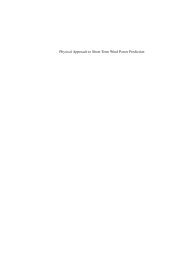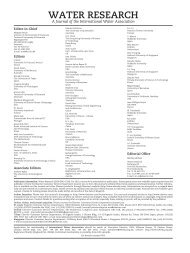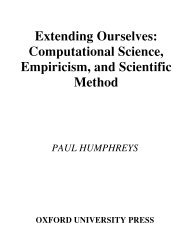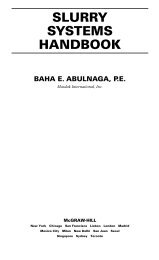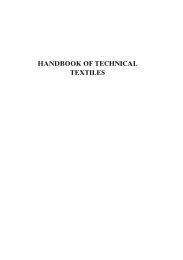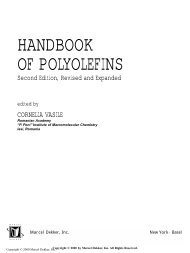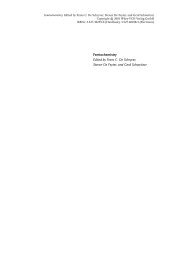Bad Astronomy: Misconceptions and Misuses Revealed, from ...
Bad Astronomy: Misconceptions and Misuses Revealed, from ...
Bad Astronomy: Misconceptions and Misuses Revealed, from ...
Create successful ePaper yourself
Turn your PDF publications into a flip-book with our unique Google optimized e-Paper software.
WORLDS IN DERISION 179<br />
do now for the past billion or two years at least. If there have been<br />
any disturbances, they certainly have not occurred in the past few<br />
millennia.<br />
Velikovsky spends quite some time in Worlds in Collision trying<br />
to show that Venus was ejected by Jupiter. He is wrong; such<br />
an event simply could not happen. It can be shown mathematically<br />
that the amount of energy needed to eject Venus would have literally<br />
vaporized the planet! In other words, whatever type of event<br />
Velikovsky envisioned to shoot Venus out of Jupiter actually would<br />
have turned Venus into a very hot, inc<strong>and</strong>escent gas, exploding outwards<br />
like, well, an explosion. It certainly would not have formed<br />
a solid body able to roam the solar system. This seriously weakens<br />
his argument about Venus w<strong>and</strong>ering the solar system, unless you<br />
believe in truly immense forces having incredibly benign effects.<br />
It would be like dropping an anvil on an egg <strong>and</strong> winding up with<br />
two perfectly split egg shells, one with the white inside <strong>and</strong> the other<br />
with the yolk. When forces are that huge, they rarely clean up after<br />
themselves so neatly. In reality, the egg would be a goopy mess, just<br />
as Venus would be by whatever forces Velikovsky was imagining.<br />
Still, let’s grant that some mysterious unknown force set Venus<br />
in motion. So, ignoring the genesis of Venus, is it still possible that<br />
it somehow passed so close to the Earth that it caused widespread<br />
disaster here?<br />
In a word: no.<br />
From his readings Velikovsky concludes that Venus passed close<br />
enough to the Earth to stop its rotation, moved off, then came back<br />
a few hours later <strong>and</strong> started the Earth moving again. However, he<br />
is very vague about the exact mechanism for this. He theorizes that<br />
perhaps the Earth didn’t really slow <strong>and</strong> stop, but instead it flipped<br />
over on its axis, making the north pole become the south pole <strong>and</strong><br />
vice versa.<br />
Indeed, he spends dozens of pages giving evidence that the<br />
Earth didn’t always spin with the north pole in the position it is<br />
now. He starts a chapter about this as follows: “Our planet rotates<br />
<strong>from</strong> west to east. Has it always done so?” He quotes ancient texts<br />
as saying that the Earth has flipped not just once, but many times.<br />
His basis for this is pretty shaky. One passage he quotes talks<br />
about two drawings of constellations found in an Egyptian tomb.



